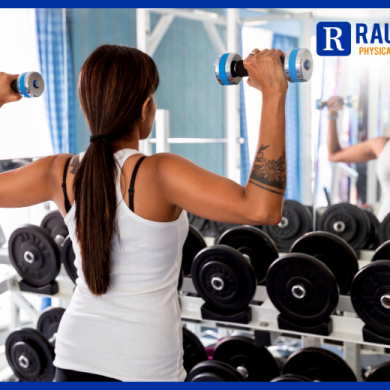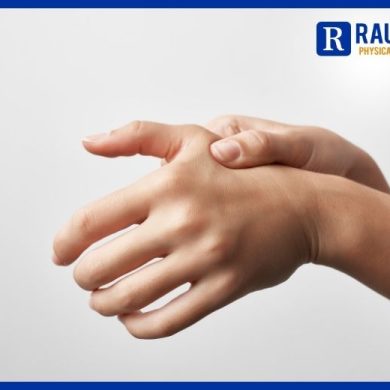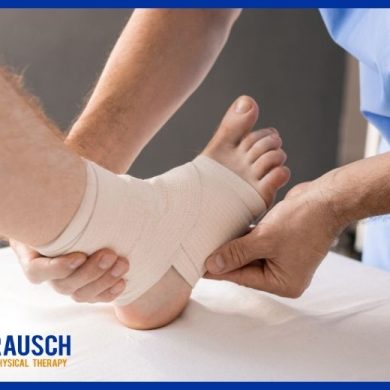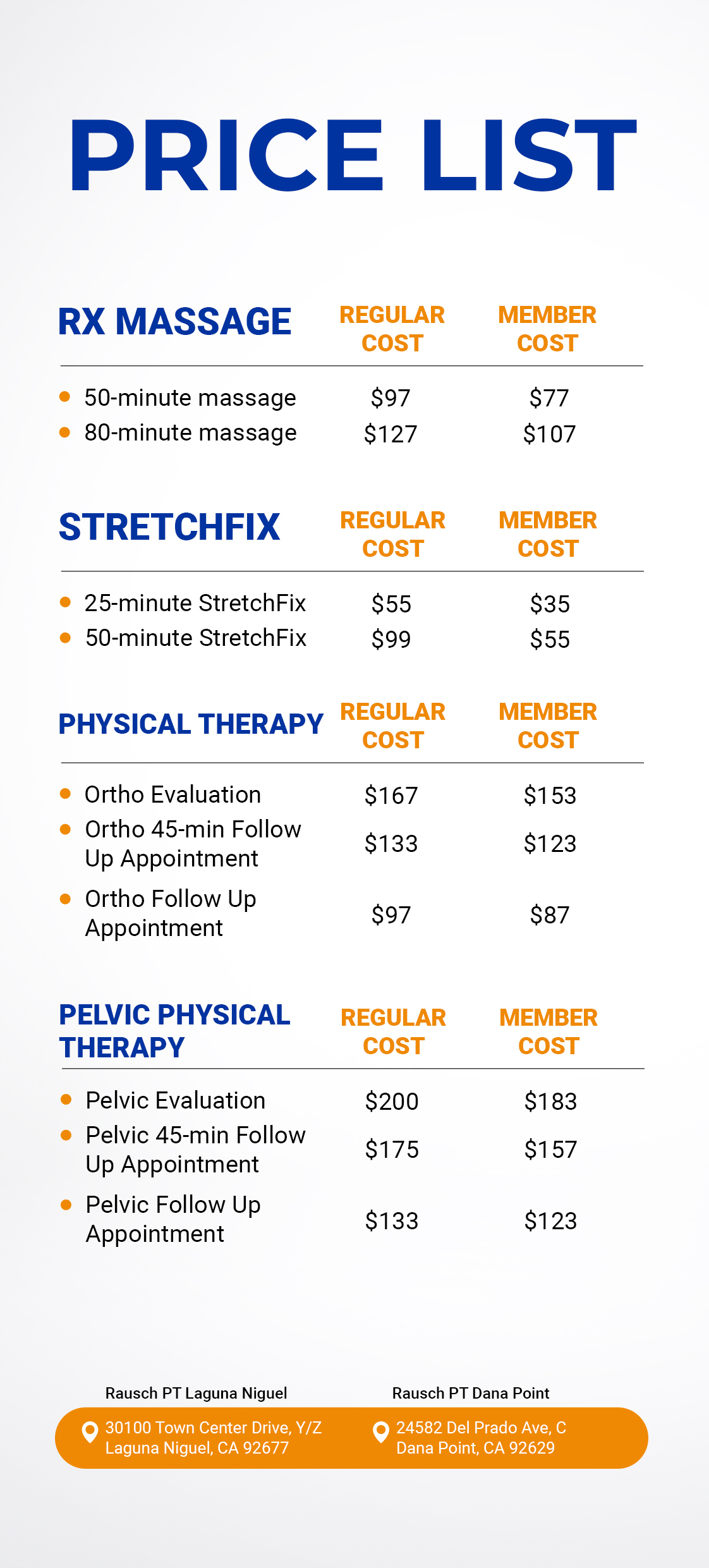At Rausch Physical Therapy and Wellness, we believe that movement is medicine—at every age and every stage of life. That’s why we’re excited to announce our new partnership with Fort Fitness,
Why is Sodium important…?
February 27, 2020 10:41 am / Category: Dana Point , Uncategorized
Where do I start with a personal hydration strategy?
Sodium plays a vital role in helping your body maintain fluid balance and cognitive function. It is also involved in the absorption of nutrients in the gut, nerve impulse transmission and muscle contraction. What does that mean in terms of performance? A 2015 study found that athletes who adequately replaced the sodium in their sweat finished a middle distance triathlon 26 minutes (on average) faster than those who did not. This is just one study, but it demonstrates the potential impact of getting your sodium intake in training and competition right. Speaking anecdotally from my own personal experience as an Olympian and World Champion competing and training over 20 years in extreme heat, cold, wet, and dry, I would concur. When I am able to stay on top of my hydration status, my performance, recovery, and sleeping is positively impacted, so much so that my personal priority after big training and racing is rehydration. (What is big? I recently did ~36 hours of training in 7 days averaging more than 100 miles/day. I also won the World Championship in extreme heat in Doha, Qatar.)
Why is sodium the most important electrolyte?
Sweat comes from extracellular fluid in our bodies and 90% of the electrolytes in that fluid is Sodium. In an acute situation like exercise, sodium is the most important electrolyte to pay attention to. It does not mean that the others like magnesium and potassium are not important, but a deficit in these is better addressed in your diet than in over supplementing in your performance hydration solution.
As an athlete, sodium is key to maintaining fluid balance and sustaining performance. Our blood contains 15-20% of the extracellular fluid in our bodies. (Remember sodium is the main ingredient in our extracellular fluid and sweat comes from this fluid.) Therefore, blood volume is directly impacted by sodium loss. As our blood volume drops there is a greater strain on our cardiovascular systems. Our hearts must pump faster and harder to deliver oxygen and to dissipate heat to help keep us cool. We see higher heart rate numbers even though our pace does not change. Yikes. We all know this is not fun.
Then there is general fatigue, loss of concentration, and cramping! There is new research on cramping and how important electrolyte threshold is…… but I will save that for the next blog.
For now, what’s important to know is that there is a cost to allowing your sodium losses to mount up and go uncorrected. Be aware of this.
How do I figure out how much sodium to replace while training or competing?
There are two things to think about 1) your sweat rate and 2) your concentration of sodium loss per liter of sweat. Your sweat rate or the volume of sweat you lose is dependent on the conditions and intensity of exercise. However, the amount of sodium you lose per liter of sweat remains fairly constant throughout life, and it is very unique to each of us. It can range from as little as 200mg/L up to 2000mg/L! That is a dramatically different range and requires dramatically different products and hydration strategies. Using your best buddy’s strategy could be a disaster if you two are on the opposite ranges. (As a reference most products fit the middle of the bell curve of the range at ~700mg/L.)
Get tested! Find out your unique sodium concentration loss in a simple 15-minute test.
Note: We schedule your appointment for 50 minutes so we have time to talk about your personal situation and goals.
You do not have to exercise or work hard! All that’s required is that you sit in a chair and expose your forearm. Easy! Using patented technology, we will stimulate your sweat glands and collect enough sweat to measure the amount of sodium you are losing.
It’s simple and painless, yet a very powerful piece of information for performance. Along with an individual value, we will provide you with a customized hydration strategy to use in training and competition.
If you find yourself in discomfort or think you could benefit from a personalized exercise plan, talk to a Physical Therapist.
Let’s talk! We are here to help. Give us a call for a complimentary assessment.
Did you know there’s no prescription needed from a doctor to see us?
(949) 443-0713






